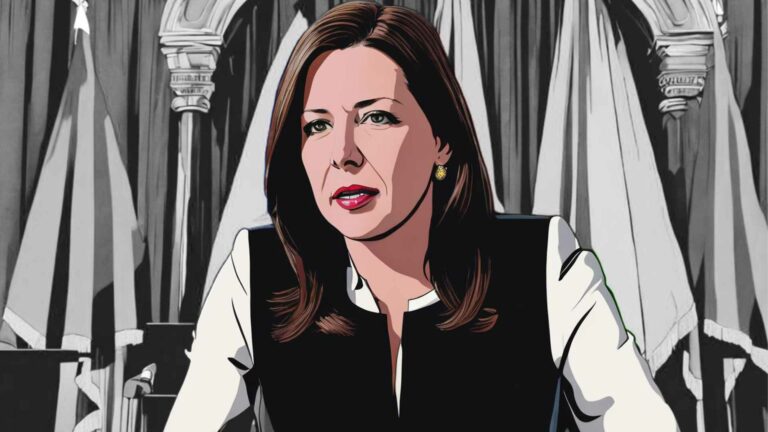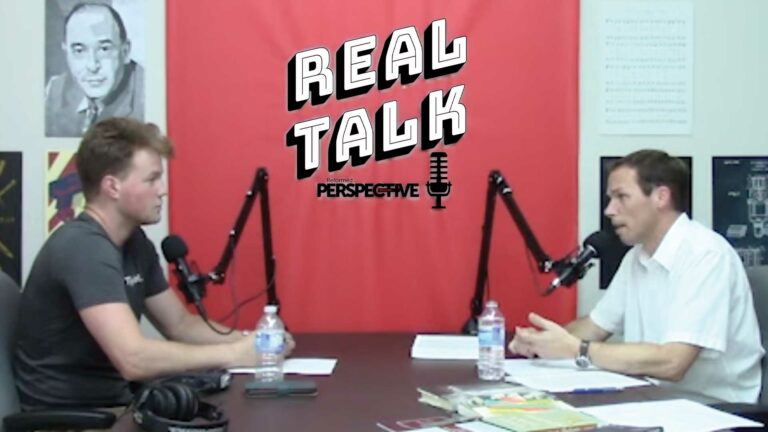The Netherlands is a pioneer in the field of euthanasia. In 2002, it was the first country in the world to legalize physician-assisted suicide, and today it is becoming a case study in the slippery slope that quickly follows.
The quick slide down has prompted even some prominent euthanasia supporters to ask, “Where does this end?” One such supporter is ethicist Berna van Baarsen. For the last ten years, she served on one of the euthanasia-oversight committees established by the 2002 law. The committees are supposed to review each reported instance of euthanasia to ensure the doctor followed all the legal requirements.
As a member of one of these committees, van Baarsen obviously supports euthanasia. However, she resigned in January because she objects to the way euthanasia is now increasingly being administered to patients with advanced dementia. “That’s my boundary, based on ten years of reflection and reading dossiers,” she said in an interview with the journal Medisch Contact. She is using her resignation to make a public statement…and perhaps to ease her conscience.
Under Dutch law, a patient must have unbearable suffering to become eligible for euthanasia. They must also make a request to die that their doctor believes is voluntary and carefully considered. A Dutch person can draft a written declaration stating they wish to be euthanized when they develop advanced dementia and, thus, are no longer able to make an oral request. To date, such written declarations have only resulted in a handful of deaths, but the numbers are likely to rise in coming years. The Dutch Right to Die Society (NVVE) claims that one in twenty Dutch people has a written declaration requesting euthanasia, usually for the case of advanced dementia.
It is these written declarations that are giving van Baarsen her moral qualms. “In this phase {i.e., advanced dementia}, it is impossible to determine if the patient is suffering unbearably because they are no longer able to express this,” she told Dutch newspaper Trouw.
Van Baarsen is not alone. Last year, 220 doctors published an open letter in a major Dutch newspaper to express their unwillingness to euthanize patients with advanced dementia.
“Giving a deadly injection to a patient with advanced dementia on the basis of their written declaration? To someone who cannot confirm that they wish to die? No, we’re not going to do that. Our moral abhorrence at ending the life of a defenseless person is too great.”
Patients with advanced dementia typically are not aware that they are being killed. A doctor begins by secretly administering a sedative, usually via the patient’s food. A 2016 case that attracted considerable controversy involved a woman with Alzheimer’s who woke up from the sedative and began struggling. She was restrained by family members so the doctor could administer the fatal injection.
Sadly, van Baarsen’s proposed solution is for dementia patients who truly wish to die to orally request euthanasia while they are still able to do so – her solution would have patients killed even sooner. She does not understand that legalized euthanasia in the Netherlands has undermined the valuing of human life. A few tweaks to existing law will never solve the much bigger problem.













